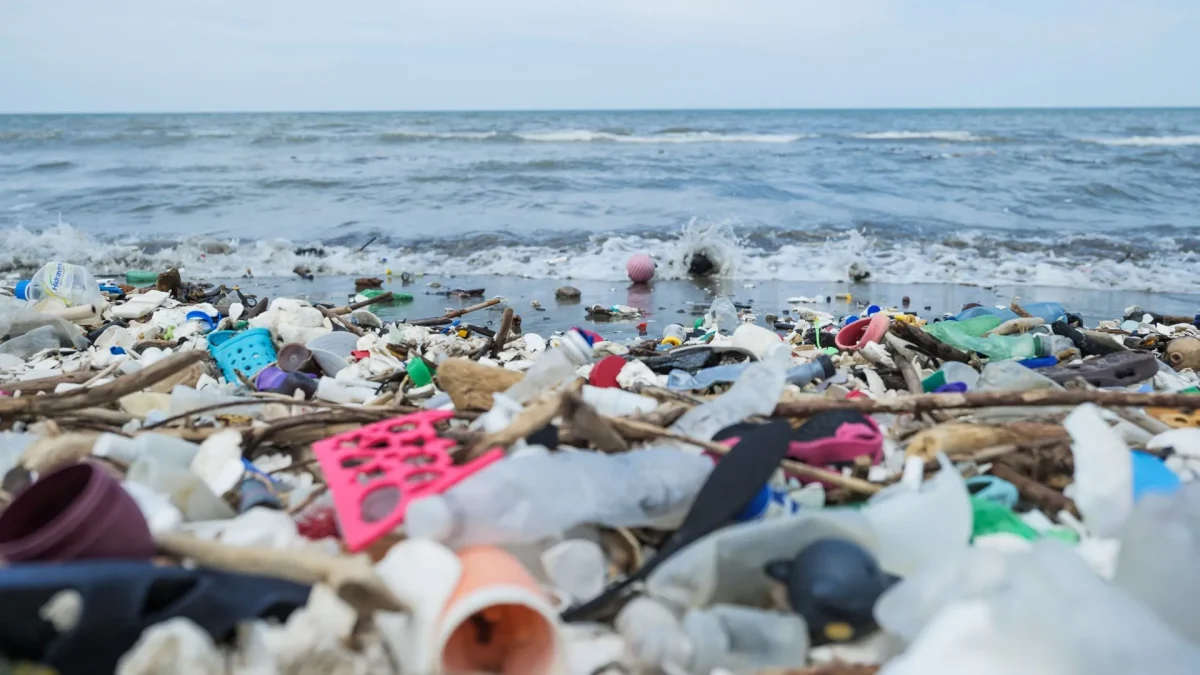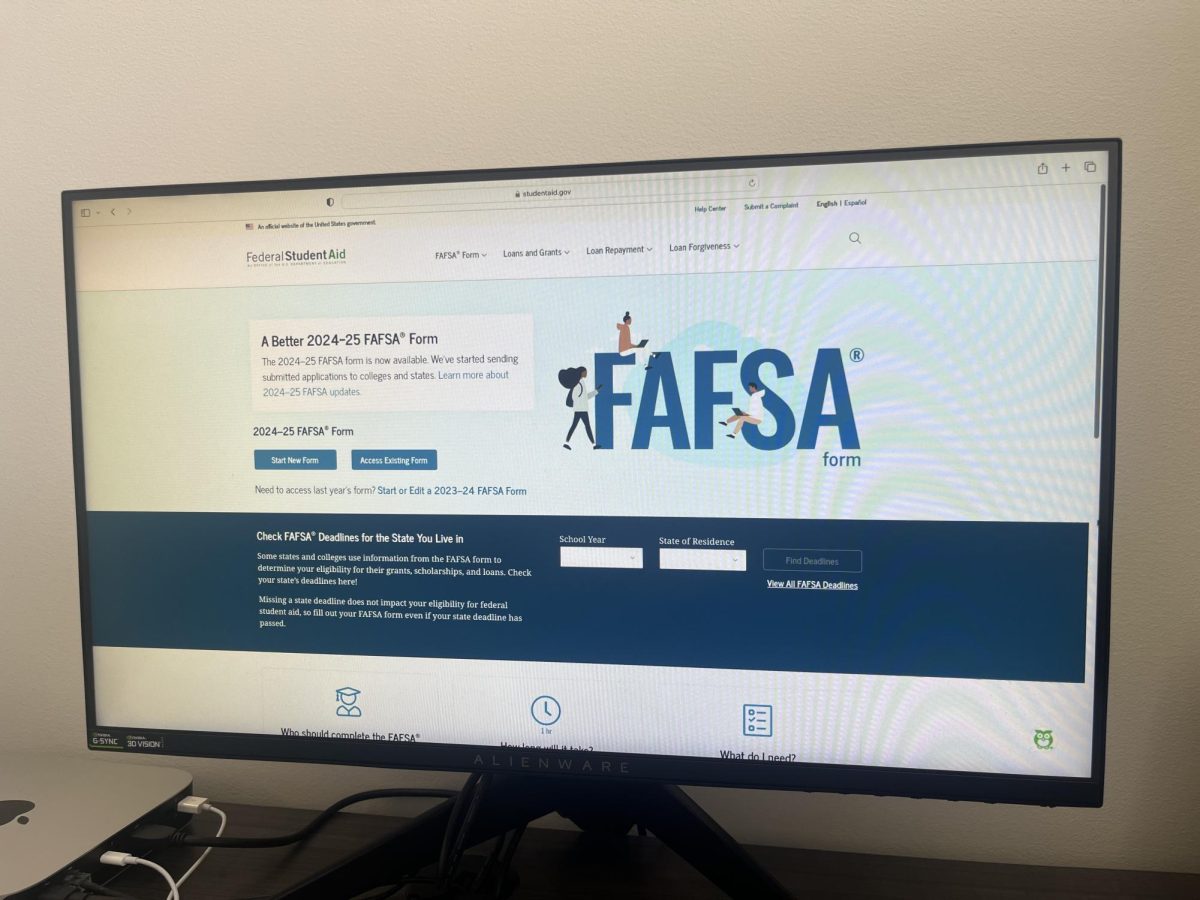The internet has been changing the way people communicate since its conception nearly 40 years ago, but the effects of interacting online are still up for debate.
Dr. Anna Young, a communications professor at CCSU, argues that electronic communication, like social media and texting, is a valuable tool for building and maintaining healthy relationships.
“There are theories, and they’ve been tested over and over again, that say that the more we communicate interpersonally, the stronger our relationship will be,” she said. “… the more we disclose to each other, the more we trust, and the stronger our relationship is. So, from this standpoint, having social, you know, online tools to communicate is actually amazing.”
Texting and chatting on apps like Instagram can also help people grow closer faster. People tend to share more intimate details when there is a screen between them and the person they are talking to, Young said. The perceived cost of giving that information is lower because “you don’t see them judging you,” she said.
“All the studies show that you are more likely to disclose online, rather than face-to-face,” Young said. “If you think about this, that actually does lead to, you know, developing stronger relationships … they will think that, you know, you trust them, so they will be more likely to keep developing those relationships because trust is the foundation, right?”
On the opposite end of the spectrum, the internet can be a place of deception. Young said a concept called “the disinhibition effect” allows people to be whoever they want on the internet.
“When you’re behind the screen, you can pretend to be whatever you want to be,” she said. “And very often people actually act differently. Like, you can be more rude, or the other way, pretend to be nicer and, like, control your emotions better.”
Young said this is the “double-edged sword” of online dating. A person can feel like they’re closer to someone else, but the reality is that they may not be who they say they are, which is popularly referred to as “catfishing.”
Jessica Demers, of Watertown, said that she was catfished in 2020 when she met a man on Hinge who became mentally and emotionally abusive “almost immediately” after meeting in person.
“I felt like I knew him for my whole life,” Demers said, “He was complimentary, funny, nice.”
Demers said that they had “deep and meaningful” conversations over FaceTime in the three months before meeting face-to-face, but the cycle of abuse started quickly. When they broke up after three years, Demers had to file a restraining order, which is still active.
“… love bombing. If a guy is obsessed with you immediately, run. They don’t know you,” Demers said. “Trust your gut; when something doesn’t feel normal, it probably isn’t, and know you’re worth, and don’t let anyone manipulate you.”
Both Young and Carolyn Jacobs, a professor of media studies at CCSU, said that teaching media literacy at a young age can help people be more discerning when interacting with people online, but the red flags aren’t always obvious when it comes to dating online.
While missing out on nonverbal cues can lower a person’s inhibition when choosing what to share with others online, it can also mean sacrificing intimacy. Physical touch, body language and facial expressions are all tools for communicating.
Jacobs said that constantly being online can also hinder real-life interactions by closing people off from what’s happening around them.
“It sort of protects you from the outside world. It lets you reconnect with the outside world while, like, at the same time sort of shutting you off from your immediate surroundings,” Jacobs said. “So, it’s a way of connecting and interacting but while avoiding your, like, immediate environment or the people around.”
This concept is referred to as “protective media,” which Francesco Casetti, Jacobs’ dissertation adviser, referred to in his book “Screening Fears: On Protective Media.” It is the idea that people can shield themselves from real-world interactions by being immersed in their cell phones or laptops.
“What happens when you close off, basically, the world around you,” Jacobs said. “To like, reconnect with a different, you know, a different space, like what is that and what will that look like?”
Young said that a lot of learning comes from the observation of a person’s environment, whether in real life or online. People can pick up cues and adjust their behavior based on what other people are doing. If a person is ignoring their real-life surroundings, they can miss important social cues, but they may fear they’re missing out on something if they ignore their phone for extended periods, Young said.





